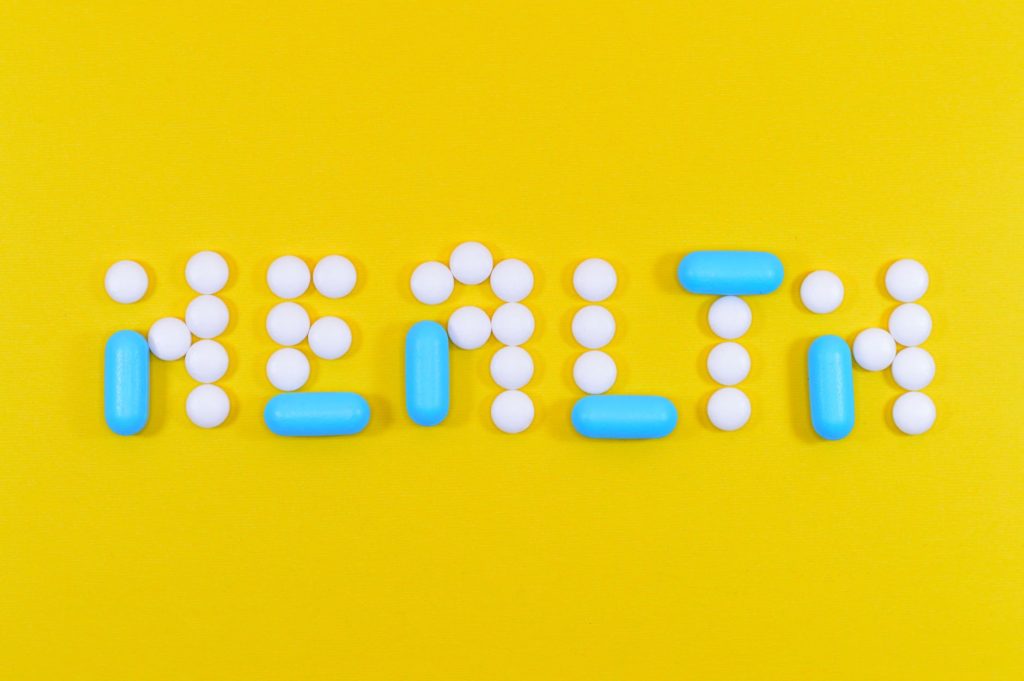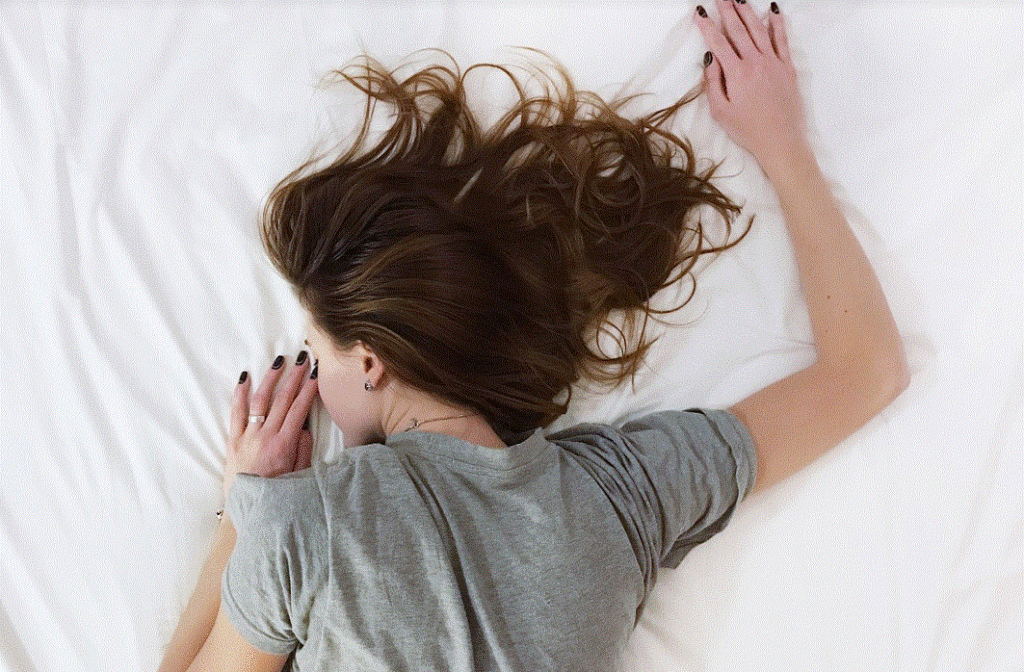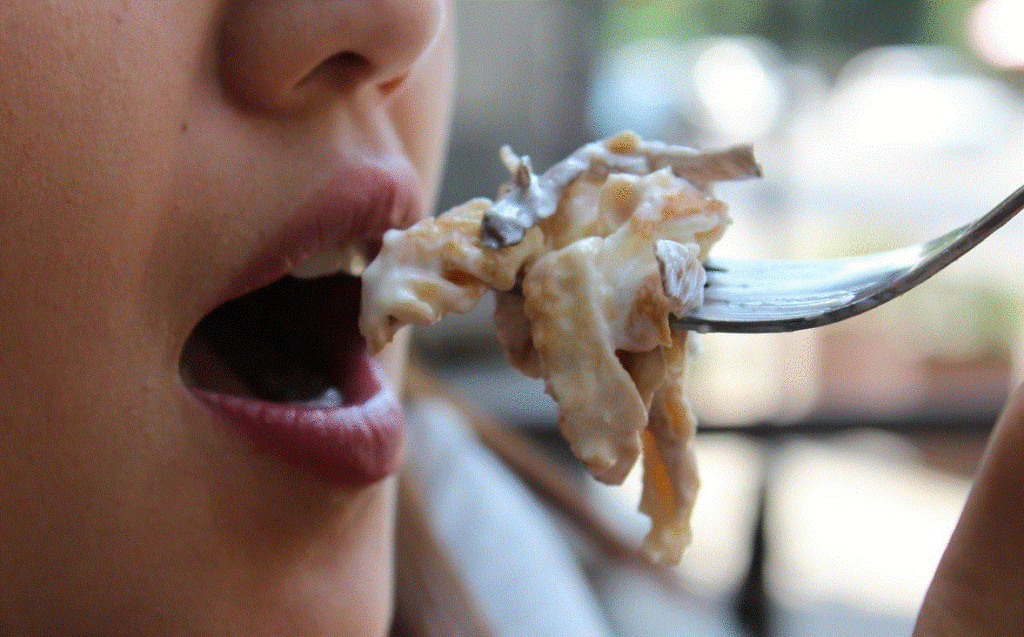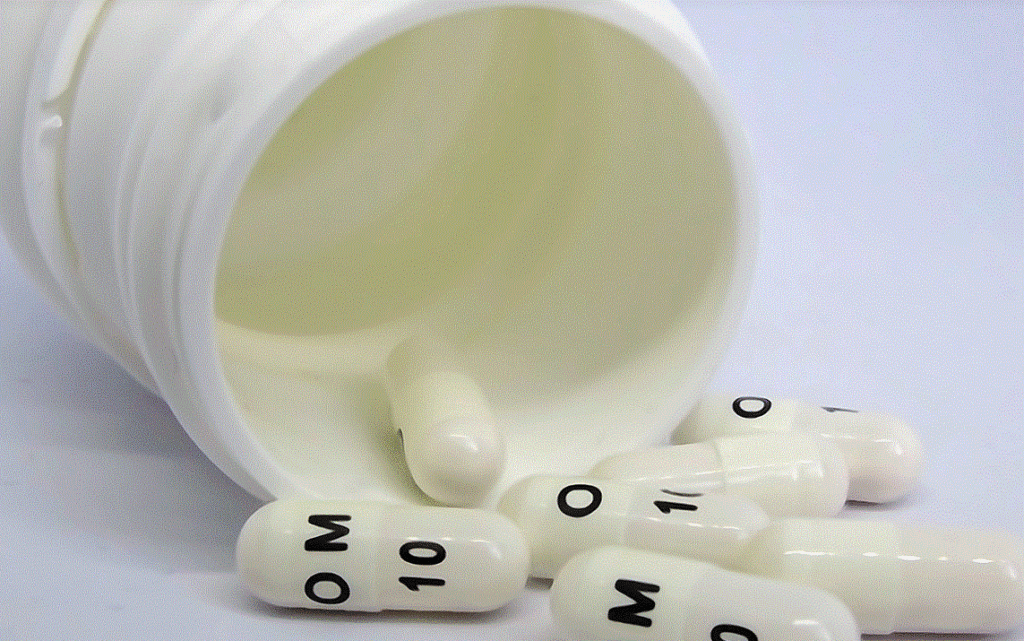
Despite what Disney films have taught us, most relationships don’t last forever. Who knows the reasons why, but the divorce rate, according to Hardy Law Group, PLLC, amongst couples is exceedingly high. Perhaps people are rushing into things too soon, or maybe the modern world just isn’t built for marriage. I’m not a relationship expert, so your guess is as good as mine!
If you find yourself in the middle of a divorce, it can be a very difficult time for you and your family. In some cases, there are financial issues involved which may result in bankruptcy lawyers in Harrisburg PA, or similar, being needed at the same time. It can be tumultuous for families to go through. An amicable divorce is ideal, meaning both parties can separate and still remain on good terms with one another. This is rare, but even in these situations, your children could still get hurt. Not physically, but on a more emotional level. It’s not easy for a young child to cope with their parents getting divorced. Of course, things are even worse if the divorce isn’t amicable and gets drawn out. Regardless of what broke down in your relationship, always put your child above everything else. Don’t make this period harder than it has to be for them. Otherwise, you could scar them for life.
The tips in this post should help you deal and cope with your divorce without damaging your child at the same time. It’s impossible for them to not feel any emotions, but you can do your bit to make it as easy as possible.
Don’t vent your frustrations to your child
Divorces are notoriously annoying and far more complicated than you’d think. This, plus the situation you’re in, can lead to lots of pent up rage and anger. You’re incredibly frustrated at everything that’s gone on, and you want to let off some steam. Under no circumstances should you use your child as a mini therapist. Letting out some frustration is good, but do it to your friends or an actual therapist. Venting to a child is terrible as they see you all upset and angry and it makes them upset!
Plus, you could say lots of bad things about their other parent. Regardless of what you think of them, you shouldn’t let your feelings known to your child. This can sew division between them and the other parent, or they might repeat what you said. As a result, the other parent then takes it up with you and you have another argument. It’s best to avoid all of this by keeping your emotions in check when you’re around your child.
Keep them away from any legal proceedings
When you hire a child custody lawyer, unfortunately, 9 times out of 10, it’s unavoidable and your child will be part of the legal proceedings. This will sound horrible, but they’re essentially the main asset that both parents are fighting over. Each parent will want custody, and this is one of the many things that can draw out divorces. Neither parent is willing to concede, so some middle ground must be found. Find a law firm like The Sanders Firm, P.A. that has the knowledge and experience dealing with alimony cases
Does your child need to know about all of this? No. Should they be present when these negotiations are taking place? Absolutely not. Keep them away from all the legal proceedings because it will just confuse them even more. They will start to feel like a game piece being moved around on a board. One moment the mother has custody, then the father, it’s too much for them to deal with. Leave them with your parents or a friend when you have to go to any divorce meetings. Also, try to avoid talking on the phone about things like custody and the divorce as it can upset them.
Don’t do anything stupid
This sounds very vague, but the main thing to talk about is leaving your home with your child. You’re going through a terrible divorce and the love of your life has left you. It feels like your world is crumbling, and you just want some peace. So, you decide to pack your bags and move back to your hometown where you can live with your parents. It sounds like an excellent idea to clear your head and figure out what to do next.
I’ve set the scene, and it’s a scene that many people see when going through a divorce. However, if you decide to pack your bags and leave without letting the other parent know, you’ll be in trouble. This is technically child relocation, and it needs to be approved by the court beforehand. So, you’ll end up causing more drama and roping your child into it as well. They won’t have a clue what’s happening as you have to deal with police inquiries, many different people asking questions, and so on. This is the type of thing that can scar them for life! As much as it may hurt to stay where you are, don’t do anything stupid. If you want to leave, get permission to avoid any drama. Further information on how to handle children in a divorce case can be found at Dootsons LLP Solicitors.
Let them see their other parent
In some divorce cases, the other parent might not care about custody at all. In fact, they may not care about seeing the child. This is horrendous, but it is very rare. Most situations are not like this at all – usually, the other parent wants to see the child as much as possible. Understandably, you can get very protective and possessive over your child. You want them to stay with you all the time, as you’re worried they might prefer the other parent. It sounds silly to say out loud, but it’s true.
Nevertheless, let your child see their other parent as much as possible. The worst thing you can do is withhold contact with the other parent. It will just upset the child and they’ll grow up without two parents looking after them. Be lenient with how often you let your ex see them – think about how you’d feel if you couldn’t see your baby every day!
Never make them feel like they’re to blame
It’s all too common for kids to think they’re to blame for a divorce. Sometimes, parents will actually tell them this is the case. Under no circumstances should you ever blame your child for what’s happened. Never make them feel like they caused the rift in your family. Let them know that both parents still love them as much as can be. Try to explain why you broke up, and you might have to blur the truth a little bit to make it seem less disastrous than it was. The classic excuse is that mommy and daddy just didn’t love each other anymore.
You don’t need to say more than that, just comfort your child and make sure they know it wasn’t their fault. Even if a part of you thinks that life got harder after having a kid, don’t say it out loud!
To finish this post, it’s important to understand that getting a divorce isn’t always a bad thing. Yes, we all want to find someone and be with them forever. But, life gets in the way and you don’t know what the future holds. Often, getting a divorce is a big step that leads you both towards a better life. Too many couples will stay together just for the sake of the kids. Realistically, this doesn’t help anyone. Your kids may grow up with two parents around, but they’re not stupid. They can tell if there’s no love between you, which will just make them sad. It is sometimes better to break up and go your separate ways, creating a better family atmosphere for your child.
That’s all there is to say on this topic, it’s a tricky one to talk about, but we have to face the realities of life. If you’re going through a divorce, I hope this has given you a few things to consider for the sake of your children.












